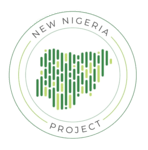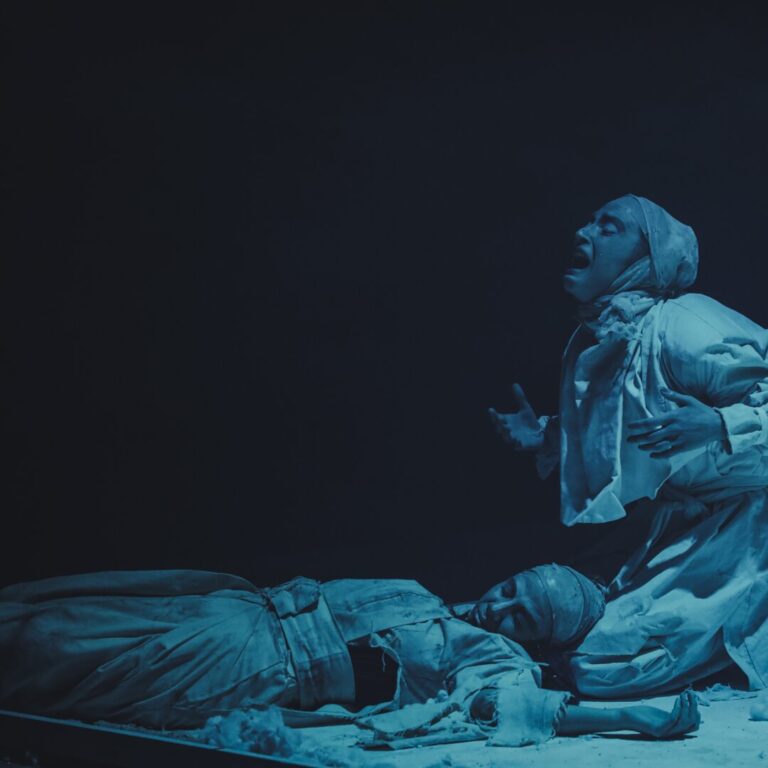Nigeria has always been referred to as the Giant of Africa, not just for its size and population, but essentially for its critical leadership role in Africa’s development in the past half-century.
From the early 1970s through the 1990s, Nigeria was the first port of call for African countries seeking help in areas of security, development, and independence. Nigeria sent security forces as part of the UN Military Peace team to the Congo. It did the same thing in the leadership of ECOMOG to help restore peace in embattled Liberia and Sierra Leone.
Nigeria is not a country in Southern Africa. Yet it played the leadership role among the Frontline States that helped secure South Africa’s majority rule in the mid-1990s helped black South Africans out of the Apartheid regime and brought in Nelson Mandela as the first black President in a majority black nation. The visit of Nelson Mandela to Nigeria after his release from prison is a story well-documented. According to Mandela, “the world will never respect Africa until Nigeria earns that respect. The black people of the world are looking up to Nigeria to be a source of pride and confidence.”
Again, in the late 1980s and through the 1990s, Nigeria created the Technical Aid Corps (TAC) program from which it sent Technical assistance in the form of medical doctors, university professors and other academics, and other professionals to numerous African and Caribbean countries to help them meet some of their needs in those areas. So, over so many years, many other African countries have looked up to Nigeria for leadership in very many areas. They still do.
To do all of the above, Nigeria was relatively self-sufficient financially, with resources from its oil, agriculture and manufacturing which were in pretty good shape. It managed its resources relatively well.
Then we moved into the 21st century. And things began to change gradually for the worse. Deterioration seeped into the education sector. School infrastructures began to collapse and the quality of education started declining. The health sector did not fare better and our doctors, in droves, started looking for greener pastures overseas. Agriculture was neglected as more emphasis was on oil sector and how much money people could make overnight. Even farming for local consumption was threatened by terrorists who came in various forms to invade community farms and displace the farmers. Foreign investments were redirected to other destinations. Local manufacturing was seriously hit. As a result, unemployment, especially among the youth, exploded and the resultant idle minds resorted to various forms of criminality to survive. Yet the powers-that-be did not seem to care. Politics became a cash-and-carry phenomenon. Democracy in Nigeria became government by the few over the rest. Resources were disproportionately shared. The power of ethnicity and religion became staggering. The us-versus-them syndrome in politics beclouded the ONE NATION goal of the founding fathers. The foundation of the brotherhood that was to tie us together as a people with one destiny started crumbling. The nation’s wealth was being brazenly looted with little or no consequence for the looters. The giant of Africa was slowly becoming a dwarf. If this is allowed to continue, Nigeria will go over the precipice sooner than later.
But this can be stopped. And it should be stopped now, if not, posterity will not forgive us.
We need to continue playing the leadership role on the continent, both in our own interest and in the interest of the rest of the continent. We cannot afford to relinquish that role and our rightful position in Africa and the world. A new Nigeria is possible and desirable for Africa’s sake and to set an example for the continent. We must stop voting for politicians whose driving force in governance is ethnicity, religious identity and affiliation, and the propensity to divert our national wealth into private pockets. We now need political leaders who love Nigeria for its sake and its continued development and prosperity as their goal.
These must be individuals with integrity, competence, and character. These qualities must be evident and verifiable from their experience and history of public service. Nigeria needs a new beginning, and the time to start is on February 25th when we all go out to vote. And we MUST vote more wisely this time around.
The power to change the country is in our hands. Let us make the right choices for our sake and the sake of all Africa because Africa cannot get it right if Nigeria does not succeed.
Professor Matt Mogekwu
Maryland, USA



